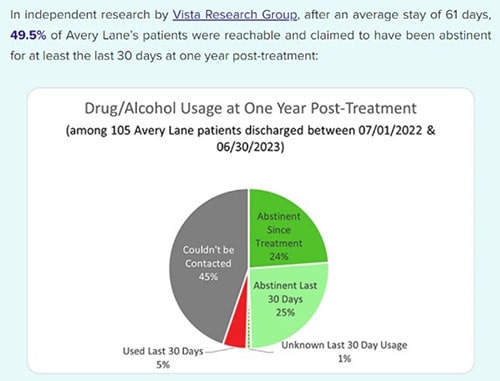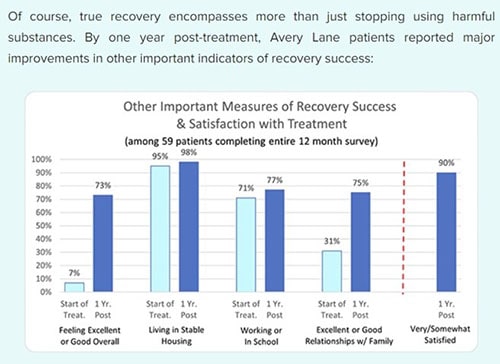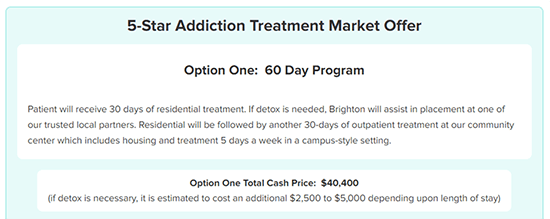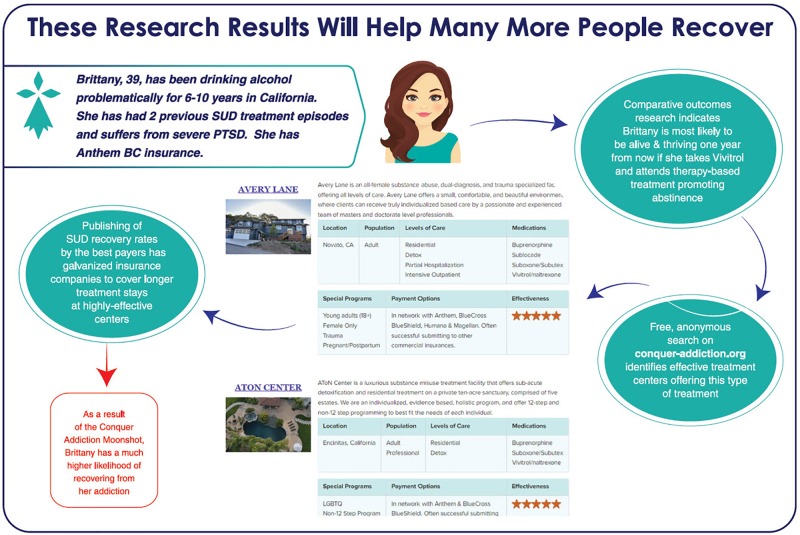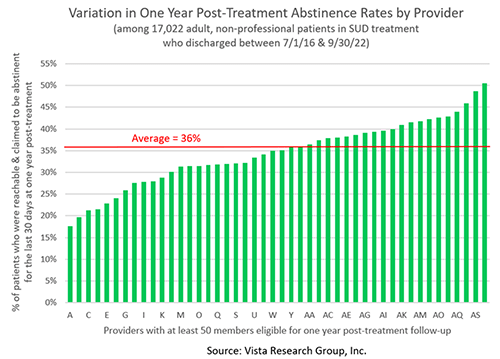
Mission: Help One Million More Americans Recover from Addiction by 2030
Part One of Two: The Conquer Addiction Moonshot's Progress to Date
Reviewing the one year post-treatment outcomes for 19,319 patients attending almost 100 different rehabs since 2016 reveals a disappointing fact:
There has been no improvement in the effectiveness
of addiction treatment in the last 30 years
In 1993, the last federally-funded large-scale addiction treatment outcomes study found that 36% of patients attending short-term, therapy-based addiction treatment programs were abstaining from alcohol and all non-prescribed drugs one year post-treatment. One year outcomes from Conquer Addiction’s sister organization, Vista Research Group, found the same 36% abstinence rate:
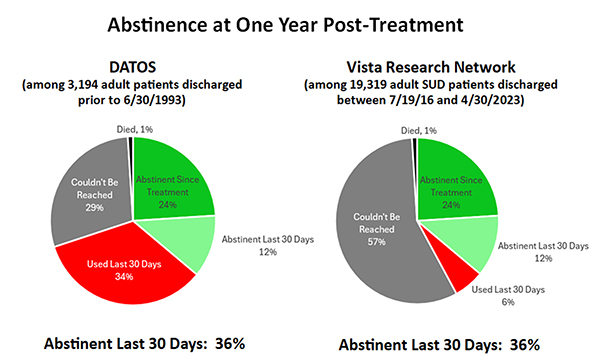
The research studies differed in key ways. Most importantly, the DATOS researchers could take patients out for coffee or track them down under bridges and, thus, were able to eventually contact 70% of their patients. Because Vista can only contact former patients by text, email or phone call, our researchers were only able to reach 42% of the patients. However, the fact that the additional 28% of patients reached in the DATOS study were all using confirms the assumption both research studies made that the patients who don’t respond are likely using.
Why There's Hope
On the positive side, we’ve also learned that the effectiveness of rehabs varies tremendously. At the best centers, as many as 50% of former patients are abstaining from alcohol and all non-prescribed drugs for at least the last 30 days one year after discharge. At the worst, less than 20% are:

Interestingly, we see a similar variation in recovery rates by health insurance payer:
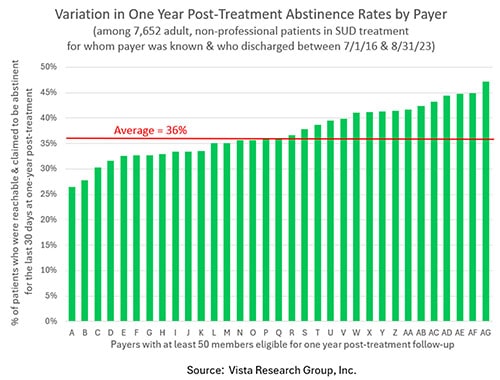
The fact that outcomes vary so much by rehab and by payer is actually great news, because it shows how much opportunity for improvement there is!



